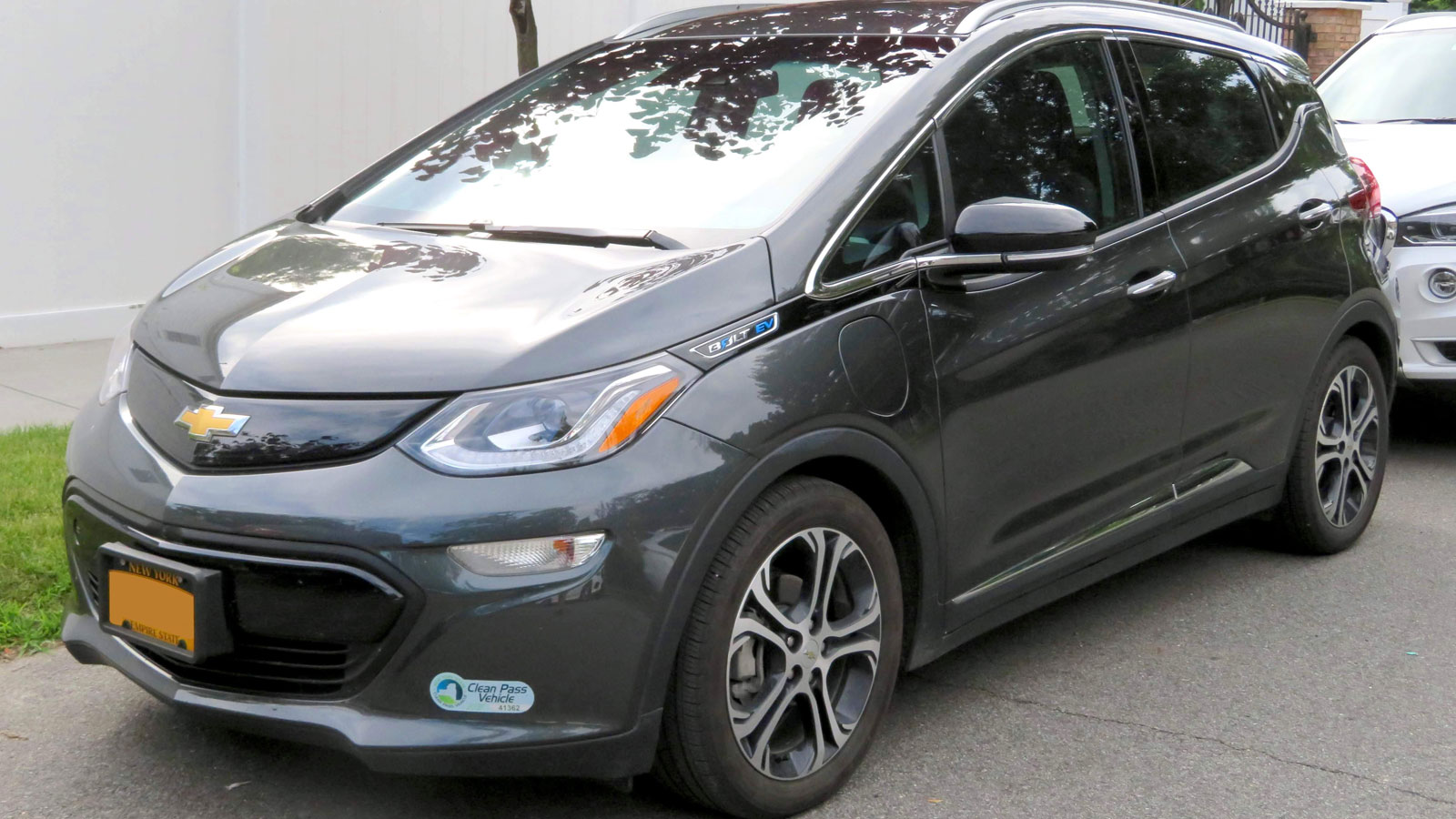For more than a year, a shortage of semiconductor chips has been holding up car production. And automakers want to make sure the same problem won’t happen with electric car batteries.
Like the chips, most battery cells are made abroad. But as U.S. automakers go electric, they want to develop a reliable domestic supply.
“We’re very focused on bringing the supply chain here, but bringing it here in a sustainable way, and also at a competitive cost,” says Michael Maten, a senior strategist for EV and energy policy at General Motors.
GM intends to make all its new cars emissions-free by 2035. To support that goal, the company plans to build four battery cell factories in the U.S.
The first is slated to open in August 2022 in Lordstown, Ohio, and the second in Tennessee the following year. Each is expected to employ more than 1,000 people.
And Maten expects the factories will encourage some companies that supply battery parts and materials to build facilities in the U.S., too.
“I think there’s a lot of benefits for consumers, from lower costs for electric vehicles … to potentially jobs, and then an increased tax base — and not to mention the overarching goal, which is of course climate solutions,” Maten says.
Reporting credit: ChavoBart Digital Media
Source link


